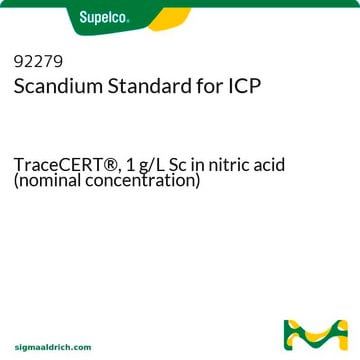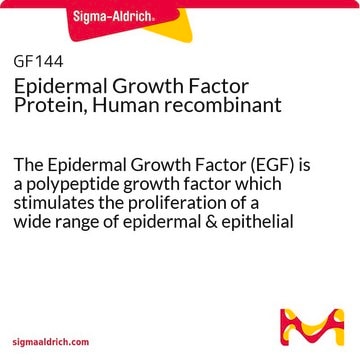442794
tert-Amyl methyl ether
analytical standard
Sinónimos:
1,1-Dimethylpropyl methyl ether, Methyl 2-methyl-2-butyl ether, Methyl tert-pentyl ether, TAME
About This Item
Productos recomendados
grado
analytical standard
CofA
current certificate can be downloaded
envase
ampule of 1000 mg
técnicas
HPLC: suitable
gas chromatography (GC): suitable
índice de refracción
n20/D 1.389 (lit.)
n20/D 1.3896
bp
85-86 °C (lit.)
densidad
0.76-0.78 g/mL at 25 °C (lit.)
aplicaciones
environmental
formato
neat
temp. de almacenamiento
2-30°C
cadena SMILES
CCC(C)(C)OC
InChI
1S/C6H14O/c1-5-6(2,3)7-4/h5H2,1-4H3
Clave InChI
HVZJRWJGKQPSFL-UHFFFAOYSA-N
¿Está buscando productos similares? Visita Guía de comparación de productos
Categorías relacionadas
Descripción general
Aplicación
Palabra de señalización
Danger
Frases de peligro
Consejos de prudencia
Clasificaciones de peligro
Acute Tox. 4 Oral - Flam. Liq. 2 - STOT SE 3
Órganos de actuación
Central nervous system
Código de clase de almacenamiento
3 - Flammable liquids
Clase de riesgo para el agua (WGK)
WGK 3
Punto de inflamabilidad (°F)
19.4 °F - closed cup
Punto de inflamabilidad (°C)
-7 °C - closed cup
Equipo de protección personal
Faceshields, Gloves, Goggles, type ABEK (EN14387) respirator filter
Choose from one of the most recent versions:
¿Ya tiene este producto?
Encuentre la documentación para los productos que ha comprado recientemente en la Biblioteca de documentos.
Nuestro equipo de científicos tiene experiencia en todas las áreas de investigación: Ciencias de la vida, Ciencia de los materiales, Síntesis química, Cromatografía, Analítica y muchas otras.
Póngase en contacto con el Servicio técnico








